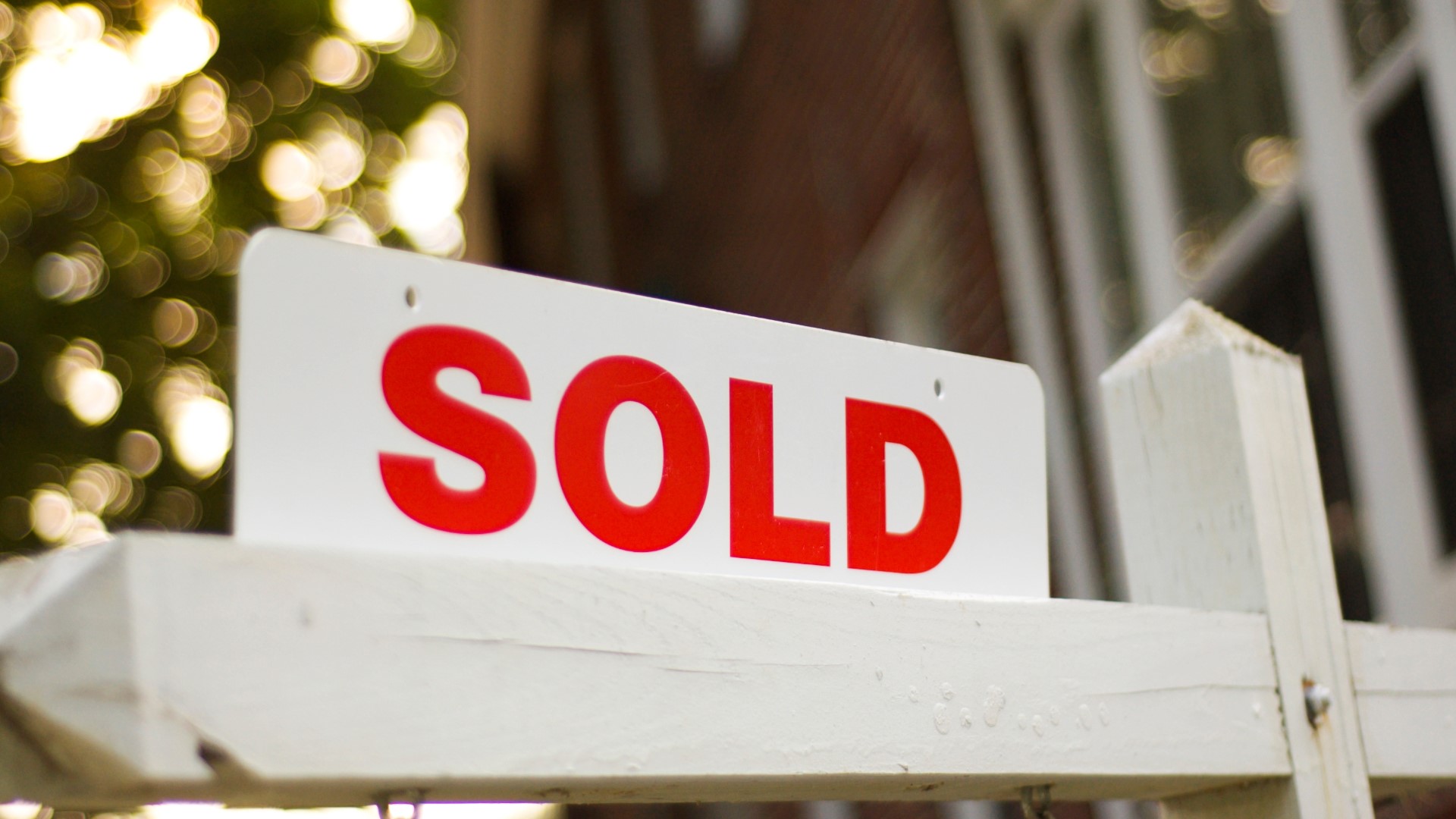INDIANAPOLIS — Prices are going up on everything, including mortgages.
Because of the rate increases, more people are turning to adjustable-rate mortgages to try and save money.
Instead of locking in a fixed rate for 15 or 30 years, the needle moves with the market.
Who's signing up
Stephanie Harris is getting ready to move into her first house with her fiancé.
"We've both been renting for a while, renting together for about four years now. And it'll be really nice to be building some equity," Harris said.
While the excitement is there, the purchase didn't come without its worries.
"It was very scary as first-time homebuyers and as people who are pretty conservative with our money," Harris said, "We don't spend a lot, typically, at once."
While crunching numbers during the lending process, Harris and her fiancé decided to go with an adjustable-rate mortgage instead of a fixed-rate mortgage.
What's her rate?
Harris' interest rate with the adjustable-rate loan is 2.875%, which she said saves them around $277 a month.
"When I first heard of the adjustable-rate mortgage, I thought, 'Oh my gosh, terrifying,' you know, but then when you realize that it only adjusts at certain times, and there's caps at each point, it made it seem much less scary."
After five years, that 2.875% expires and the new rate will reflect the market, good or bad.
Harris said from that point on, the rate will readjust every five years.
Right now, the average 30-year-fixed rate is 5.48 percent, according to Bankrate.
Why is the rate lower?
Dr. Matthew Will with the University of Indianapolis said after a long period of interest rates declining, they're now going up substantially.
"Mortgage rates have not been this high for over 14 years," Will said.
Will said lenders incentivize adjustable-rate mortgages with low introductory rates because it's the customer absorbing the risk afterward, not the lender.
"There's less risk to (the lender) because if their cost goes up over the next 30 years, they'll just pass that cost along to you. But if you have a fixed-rate loan and their costs go up, they can't pass it along."
And while Harris knows the risk is there, she felt the reward outweighed it.
"I'm confident that we made the best decision we could at the time. And if we look back in six years, and the interest rate goes up, you know, we did the best we could," Harris said.
Will suggested asking your lender about penalties. If you plan to refinance or sell early, the lender could hit you with an early payoff penalty.

